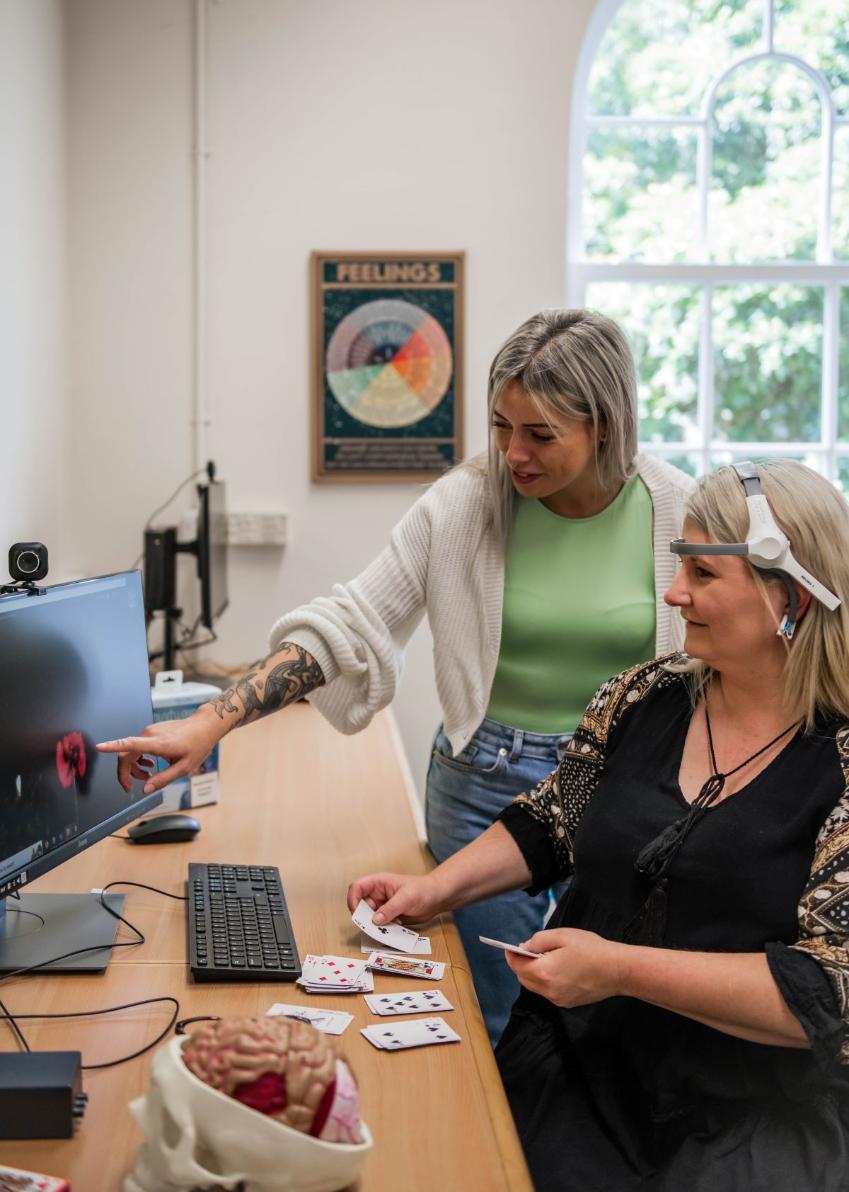PgD - Advanced Practice in Cognitive Behavioural Therapy - High Intensity IAPT (Improving Access to Psychological Therapies)
Do you want to help treat depression and anxiety in others? If you already work in the health sector, why not expand your skills through training in Cognitive Behaviour Therapy?
We have an excellent history of producing professional CBT practitioners, working with clinical partners in Lancashire and Cumbria to support students in developing their practice.
You'll learn everything you need to be a successful provider of CBT, able to work with clients to help them achieve the most from their therapy, and advance your career options through our fully accredited course.

Course Overview
This is a masters level programme for suitably qualified individuals working within health and social care settings who wish to develop their practice skills in Cognitive Behavioural Therapy. Our course strives to link theory and practice, enabling you to conceptualise underpinning theories and principles with practices in your own work setting.
This High Intensity IAPT programme is mapped against the BABCP minimum training standards. Individuals who successfully complete the level II BABCP accredited training programme will be eligible to apply for BABCP accreditation.
On this course you will...
- Develop you into a practitioner able to make ethically safe, CBT informed decisions in complex professional/clinical situations.
- Develop a critically evaluative understanding of the evidenced based models of CBT practice.
- Develop advanced skills of enquiry, critical analysis and reflective methods. To use these to explore personal and work place experience, relevant scholarship, current statutory regulations and policy.
- Develop advanced clinical skills to practice as clinical specialists in CBT that meet the BABCP minimum training standards.
Location
Lancaster Campus
Lancaster is the Red Rose heartland, a student haven full of history and culture. With iconic stone architecture, parkland, and a caring community, this is the place to get involved. The campus houses top-quality facilities tailored to the needs of life-savers, world changers, and future leaders.
Find out more
Find out more about studying with us
Attend an Open Day at Cumbria
An Open Day is your opportunity to explore one of 5 campuses, meet your lecturers, and find out how the University of Cumbria could become your new home.


.webp)


